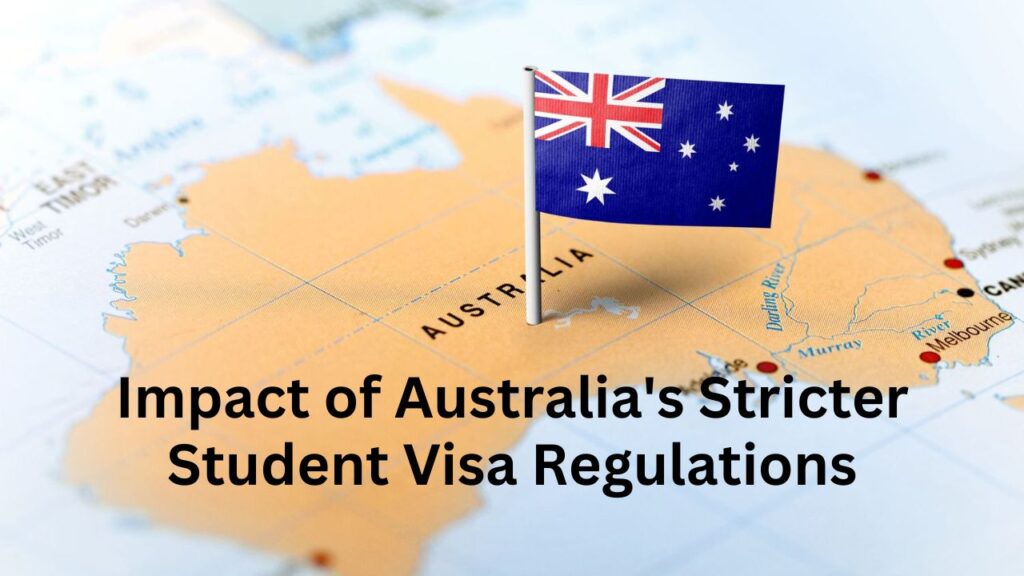Student Visa Regulations
In response to concerns over immigration levels, the Australian government recently implemented stricter regulations regarding student visas. These changes, particularly the introduction of the ‘No Further Stay’ clause and limitations on work options for foreign students, have significant implications for immigrant students in Australia.
What is a ‘No Further Stay’ Clause?
The ‘No Further Stay’ clause, commonly known as NFS, prevents visa holders from applying for any other visa within Australia, such as work visas or permanent residency, without first leaving the country after their student visa expires. This condition, as explained by Harshita Agarwal Sharma, Director of Lexlevel Services, aims to prevent individuals from using temporary visas to indefinitely extend their stay in Australia.
Implications for Foreign Students
Foreign students face significant implications due to this restriction. It limits their options for extending their stay in Australia beyond their student visa’s duration, requiring them to return to their home country to apply for a new visa. This limitation underscores the importance of careful planning and understanding visa conditions before entering Australia.
Circumstances for Waiver
Shashank Agarwal, advocate at the Supreme Court of India, highlights circumstances that may warrant a waiver of the ‘No Further Stay’ condition, including medical inability to travel, natural disasters, or civil unrest in the home country.
Impact on Employment Opportunities
The ‘No Further Stay’ condition also impacts employment opportunities for international students, especially those relying on part-time jobs to support their studies and living expenses. Previously, students could transition to other visa categories for long-term career opportunities, but this restriction now limits their options, creating uncertainty.
Impact on Indians
The tightening of student visa rules has particularly affected Indian nationals, sparking concerns among students and those seeking visa renewals. Shradha Gupta, Partner at Accord Juris, notes the impact on students’ ability to fund their education and livelihood, despite minimal overall impact on Indian nationals in Australia.
Positive Aspects
However, Gupta sees potential in the introduction of ‘Demand Visas’ for skills in demand, providing a pathway for Indians considering moving to Australia. Additionally, under the Australia-India Economic Cooperation and Trade Agreement (ECTA) policy, Indian graduates may still have opportunities to stay temporarily post-graduation.
Australia’s stricter student visa regulations, notably the ‘No Further Stay’ clause and limitations on work options, significantly impact immigrant students’ future in the country. These changes necessitate careful consideration of visa conditions and planning for individuals seeking to study or work in Australia.
FAQs
1. Can the ‘No Further Stay’ condition be waived?
Yes, under certain circumstances such as medical inability to travel or natural disasters in the home country, individuals may request a waiver.
2. How do the regulations affect employment prospects for international students?
The restrictions limit employment options for international students, creating uncertainty and financial stress.
3. Are there any positive aspects to the new regulations?
Despite concerns, the introduction of ‘Demand Visas’ for skills in demand offers potential pathways for immigrants, including Indian nationals.
4. What should foreign students consider before applying for a visa to Australia?
Foreign students should carefully review visa conditions, including the ‘No Further Stay’ clause, and plan accordingly to avoid complications.
5. How can individuals seek relief from the impact of the new regulations?
Individuals affected by the regulations should consult legal experts to explore options for waivers or alternative visa pathways.

